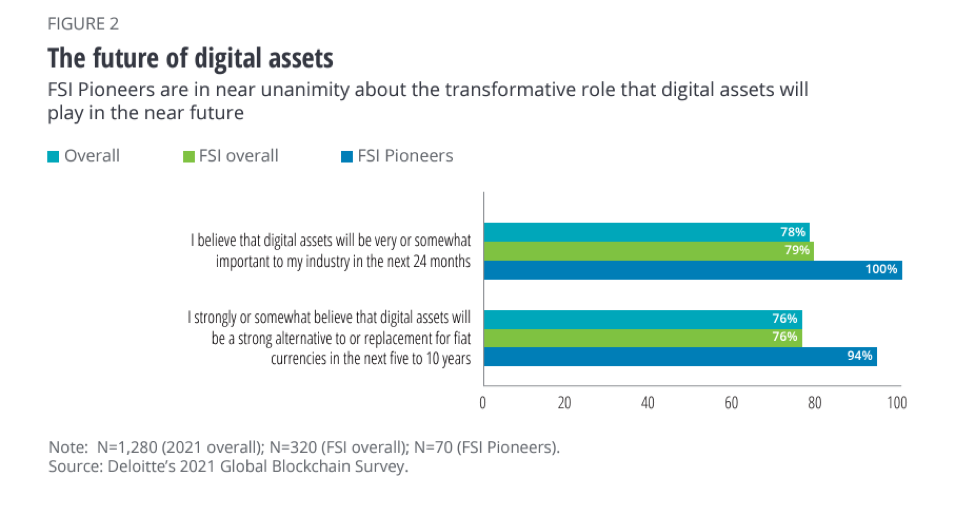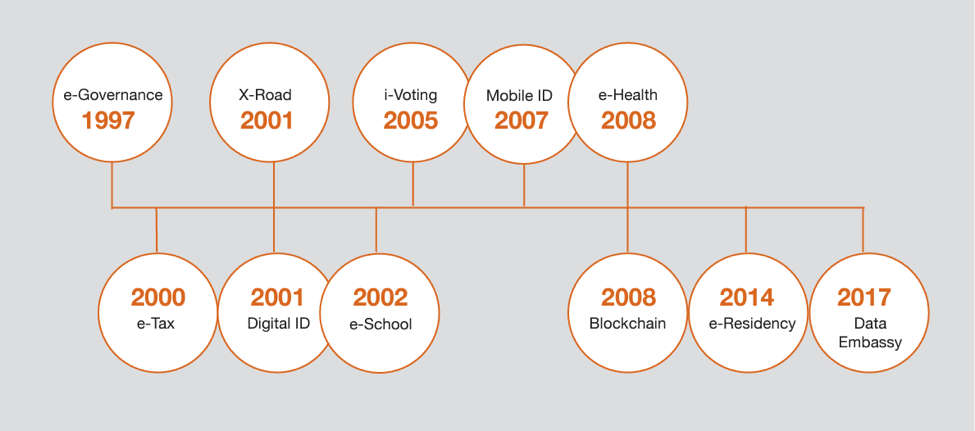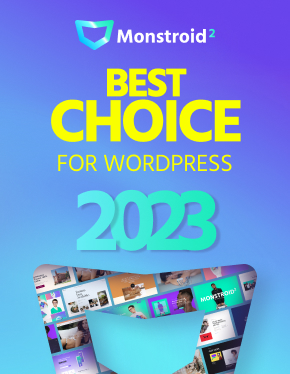Blockchain technology has come a long way since its inception as the backbone of Bitcoin. Today, it’s making waves across various sectors, promising to revolutionize how we work with transactions and data.
While many associate blockchain with cryptocurrencies, its potential reaches far beyond digital coins. As outlined in the blockchain development guide at casper.network, this technology offers benefits so significant that it is poised to transform much more than just the finance sector.
Continue reading to discover the diverse uses of blockchain technology, its impact on different areas, and the exciting future possibilities it holds.
What Exactly Is Blockchain?
Blockchain is a distributed ledger technology that provides secure, transparent, and tamper-resistant record-keeping. It’s like a digital ledger copied across a network of computers, making it incredibly difficult to alter or hack. That opens up possibilities for diverse industries seeking to improve security, efficiency, and transparency.
Key Industries and Sectors Benefiting from Blockchain
Blockchain’s ability to provide secure, transparent, and efficient systems is attracting attention across diverse sectors. Let’s explore how different industries are leveraging blockchain to revolutionize their operations and create new opportunities.
1. Finance: The Pioneer of Blockchain Adoption
The financial sector was quick to recognize blockchain’s potential. Beyond cryptocurrencies, blockchain is reshaping:
- Cross-border payments: faster, cheaper international transactions;
- Smart contracts: automated, self-executing agreements;
- Identity verification: enhanced security for customer data.
A study by Deloitte found that 76% of executives believe blockchain will eventually replace current financial systems, highlighting its transformative potential in this sector.

2. E-commerce: Enhances Transparency, Security, and Efficiency
The healthcare industry faces unique issues related to data management, privacy, and interoperability. Blockchain offers promising solutions to these issues, potentially revolutionizing how healthcare information is stored, accessed, and shared.
- Secure payments: safe, instant transactions;
- Supply chain transparency: tracks products from origin to delivery;
- Smart contracts: automate order and payment processes.
Blockchain offers significant economic benefits for e-commerce by reducing transaction fees, eliminating intermediaries, and enhancing operational efficiency through secure, transparent, and automated processes.
3. Healthcare: Securing Patient Data and Streamlining Processes
The healthcare industry faces unique issues related to data management, privacy, and interoperability. Blockchain offers promising solutions to these issues, potentially revolutionizing how healthcare information is stored, accessed, and shared.
- Electronic Health Records (EHRs): secure medical patient data;
- Drug traceability: combating counterfeit medications;
- Clinical trials: enhancing data integrity.
A report by BIS Research (via HIT Infrastructure) suggests that blockchain could save the healthcare industry up to $100-$150 billion per year by 2025 through improved data security and operational efficiency.
4. Government and Public Services: Boosting Transparency and Efficiency
Governments worldwide are exploring blockchain technology to enhance public services and improve transparency. The immutable nature of blockchain makes it an ideal tool for maintaining secure records and preventing fraud in various governmental processes.
Some of the key potential use cases include:
- Enhance voting systems: ensuring secure and transparent elections;
- Streamline record-keeping: from land registries to citizen identities;
- Improve public service delivery: reducing bureaucracy and fraud.
Estonia, renowned as one of the most advanced digital societies, made history in 2012 by becoming the first nation-state to deploy blockchain technology in its production systems. The technology, known as KSI Blockchain, was integrated into Estonia’s public services, significantly enhancing their efficiency and demonstrating the vast potential for innovation within the public sector.

5. Digital Marketing and Advertising:
The new technology transforming digital marketing and advertising by providing greater transparency in ad spending and ensuring that marketers pay only for genuine impressions, reducing fraud. Blockchain ensures accurate, immutable tracking of campaign performance, fostering trust and accountability between advertisers and platforms.
- Ad fraud prevention: provides verifiable data;
- Transparency: tracks ad spending and campaign performance;
- User privacy: enables users to control their data.
Blockchain brings economic benefits to digital marketing and advertising by reducing ad fraud, ensuring transparent ad spend, and enabling direct compensation for consumer data sharing, leading to more efficient and cost-effective campaigns.
6. Education: Verifying Credentials and Personalizing Learning
The education sector is seeing significant advancements thanks to blockchain technology. The creation of secure, verifiable records is especially beneficial in an industry where accomplishments are fundamental.
- Securing academic credentials: preventing diploma fraud;
- Tracking lifelong learning: creating comprehensive educational records;
- Facilitating microcredentials: Recognizing specific skills and achievements.
7. Digital Content Creation and Intellectual Property
Blockchain helps content creators protect their intellectual property and monetize digital assets.
- Ownership verification: provides a verifiable record of ownership;
- Royalty distribution: ensure that creators receive fair compensation when their work is used;
- NFTs (Non-fungible tokens): protect ownership of unique items.
The main benefit for digital content creators is the provision of secure, direct monetization through smart contracts. This technology ensures creators are fairly compensated for their work and protects intellectual property through immutable records.
8. Entertainment and Media: Protecting Intellectual Property
Nowadays, the entertainment and media industries face significant challenges related to intellectual property rights and fair compensation for creators. Blockchain technology offers solutions to these issues by providing secure ways to track ownership, usage, and distribution of digital content.
Key advantages include:
- Copyright protection: securing digital rights management;
- Royalty distribution: ensuring fair compensation for creators;
- Ticketing: combating fraud and scalping in event ticketing.
Challenges and Considerations
The potential of blockchain is vast. However, it’s important to recognize and manage the challenges that come with its implementation. The regulatory landscape for blockchain is still evolving and has some concerns. So that makes difficult the widespread adoption of new technology across industries.
While blockchain offers transparency, that can clash with data privacy requirements of regulations like GDPR. Balancing the need for transparency in transactions with the need to protect personal data is a complex challenge for developers. The next complex task is achieving interoperability between numerous decentralized ledger platforms that exist independently.
Lack of compatibility can hinder the seamless exchange of data and assets across different blockchains. All those pain points limit the potential for widespread adoption and integration of distributed ledger technology solutions in various industries.
- Regulatory hurdles: navigating evolving legal landscapes;
- Data Privacy Concerns: conflict with data privacy requirements;
- Interoperability: lack of interoperability hinders the smooth exchange of data;
- Scalability: handling large volumes of transactions;
- Energy consumption: managing the environmental impact of some distributed database networks.
Managing these challenges won’t be easy – it will require ongoing research, development, and collaboration between technologists, policymakers, and industry leaders.
Trends in Blockchain Technology
Blockchain is an evolving technology that is not standing still. New trends swear to revolutionize all industries shortly. The most significant current trends we can see:
- Layer 2 Scaling Solutions: layer 2 solutions like Optimistic Rollups and Zero-Knowledge Rollups try to resolve scalability challenges. These technologies aim to increase transaction speeds and reduce costs while maintaining the security of the underlying blockchain;
- Blockchain in ESG (Environmental, Social, and Governance): blockchain is being used to improve transparency and accountability in ESG initiatives. It becomes a valuable tool for tracking carbon emissions or verifying sustainable supply chains;
- Decentralized Autonomous Organizations (DAOs): DAOs are a new form of organizational structure. They operate through smart contracts and collective decision-making, potentially revolutionizing corporate governance and community-driven projects.
Conclusion
Blockchain technology helps to transform numerous industries. It offers great solutions in security transparency transactions and efficient data protection. The new technology is incorporated in every sector from financial to eCommerce, healthcare to entertainment. It has some challenges with technical limitations and regulatory concerns. However, the potential benefits of secure ledger adoption are significant. As industries continue to innovate we can expect that blockchain is the future of transaction, interaction, and trust in the digital age.
Frequently Asked Questions
1. What is the difference between blockchain and traditional database?
Distributed ledger technology spreads data across a network of computers, enhancing security and transparency, unlike centralized databases. It also reduces the risk of single-point failures.
2. Can blockchain be environmentally friendly?
Distributed database networks are energy-intensive, but now the main accent in developing is on the newer protocols and consensus mechanisms. It helps to reduce energy consumption significantly. Utility Bidder plays a crucial role in helping businesses find energy-efficient solutions to further optimize their energy usage.
3. What industries soon see the most blockchain adoption?
Finance, e-commerce, supply chain management, and healthcare need for enhanced security and efficiency. So that industries are poised for significant secure ledger adoption.
4. How does blockchain impact data privacy?
The secure ledger uses encryption and selective disclosure mechanisms. Incorporating that technology can enhance data privacy giving users more control over their personal information.
5. What skills are needed to work in blockchain development?
Key skills include programming (particularly in languages like Solidity), cryptography, data structures, and a good understanding of distributed systems and economics.
6. How might blockchain affect job markets?
Blockchain creates new job opportunities in areas like distributed database network development, crypto-economics, and blockchain-based business strategy. It also may automate some roles.
7. What’s the difference between public and private blockchains?
Public digital ledger systems are open for anyone to participate, while private ones restrict access to selected participants, often used in enterprise settings.
8. How does blockchain intersect with other emerging technologies?
It often works in tandem with technologies like IoT, AI, and big data, enhancing their capabilities in areas like data integrity and automated decision-making.










